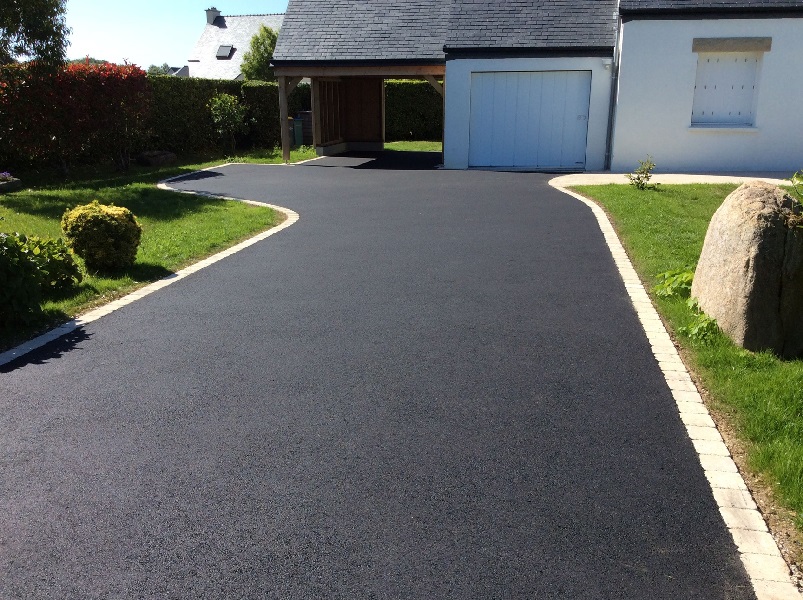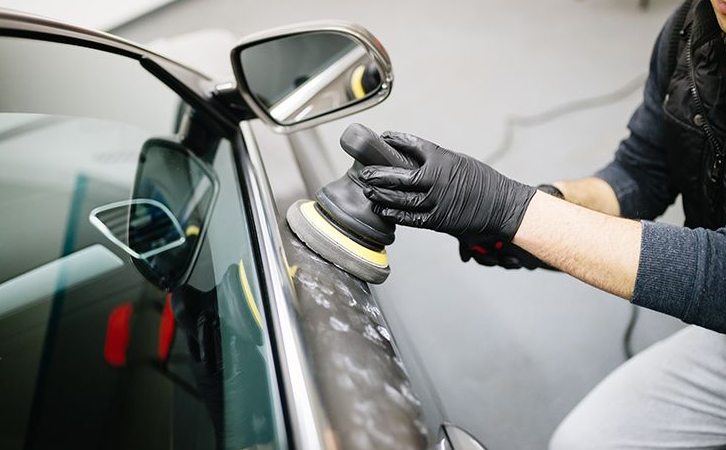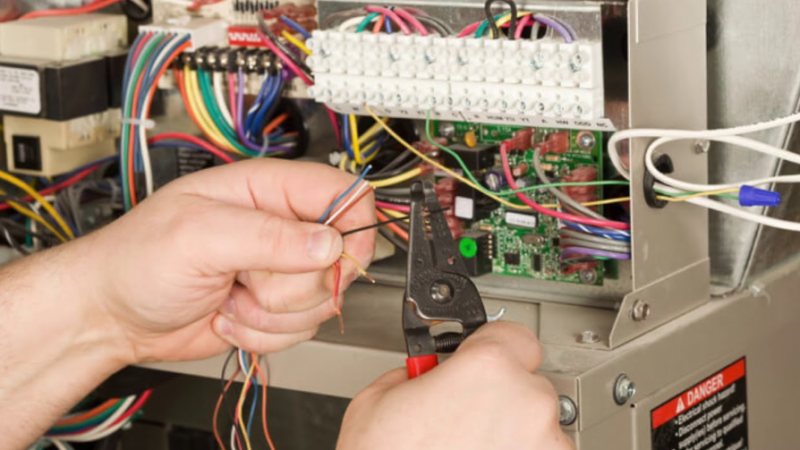What to Consider When Choosing a New Driveway

Your driveway is more than just a functional space—it’s one of the first things people see when they visit your home. A well-designed driveway enhances curb appeal, improves property value, and provides a durable surface for vehicles. But with so many options available, how do you choose the right one?
From material selection to drainage considerations, there are several factors to keep in mind before committing to a new driveway. If you’re looking for expert services, driveways in Southampton offer high-quality solutions that combine style and durability for a long-lasting investment.
1. Determine Your Budget
Before selecting a driveway, it’s important to establish a budget. The cost will depend on the material, size, installation method, and any additional features like edging or drainage solutions. Some materials, like gravel, are more affordable, while others, such as block paving or resin-bound surfaces, require a higher initial investment but offer long-term value.
2. Consider the Driveway Material
Different driveway materials come with their own benefits and maintenance requirements. Here’s a breakdown of the most popular choices:
Block Paving
A visually appealing and customizable option, block paving allows for various patterns and colors. It’s durable, but it does require occasional maintenance to prevent weed growth between the blocks.
Tarmac
A budget-friendly choice, tarmac provides a smooth and durable surface. It’s quick to install and easy to maintain but may need resurfacing over time.
Resin-Bound Driveways
This modern option offers a sleek, seamless look with excellent drainage. Resin-bound driveways are resistant to cracks and weeds, making them a low-maintenance choice.
Gravel
Ideal for a rustic aesthetic, gravel driveways are cost-effective and provide good drainage. However, they require regular maintenance to prevent shifting and weed growth.
Concrete
A long-lasting and strong material, concrete driveways can be customized with different textures and colors. They are highly durable but may develop cracks over time.
3. Think About Durability and Maintenance
Some materials require more upkeep than others. If you want a low-maintenance driveway, resin-bound or tarmac might be the best options. On the other hand, block paving and gravel need regular attention to maintain their appearance.
4. Assess Drainage Solutions
Proper drainage is crucial to prevent water pooling, which can lead to surface damage and cracks. Many modern driveways incorporate permeable materials like resin-bound surfaces or gravel, allowing rainwater to drain naturally. If your chosen material isn’t permeable, you may need additional drainage channels or soakaways.
5. Check Local Regulations and Planning Permissions
In some areas, there are restrictions on certain types of driveways. If you’re installing an impermeable surface like concrete, you may need planning permission or additional drainage solutions to comply with regulations. Always check with your local authority before proceeding.
6. Consider Aesthetic Appeal
Your driveway should complement your home’s exterior. Consider the color, texture, and pattern of the material to ensure it enhances your property’s overall appearance. A well-matched driveway adds to the visual appeal and can even increase property value.
7. Evaluate Traffic and Usage Needs
Think about how often your driveway will be used and what type of vehicles will be parked there. If you have multiple cars or heavy vehicles, you’ll need a strong and durable surface like tarmac or concrete. For light use, resin or gravel may be sufficient.
8. Look Into Eco-Friendly Options
Sustainable driveways are becoming increasingly popular. Permeable paving, resin-bound surfaces, and recycled materials are great choices for homeowners looking to reduce their environmental impact. These options allow water to drain naturally, preventing surface runoff and reducing flooding risks.
9. Professional Installation vs. DIY
While some driveway materials, like gravel, can be installed as a DIY project, others require professional expertise. Block paving, resin, and tarmac need skilled installation to ensure longevity and prevent issues like uneven surfaces or drainage problems. Investing in a professional service can save you money on repairs in the long run.
10. Consider Weather Conditions
The climate in your area should influence your choice of driveway material. Some surfaces, like concrete, may crack in extreme temperatures, while others, like tarmac, soften in hot weather. Choose a material that can withstand local weather conditions for better longevity.
11. Think About Additional Features
To enhance both functionality and appearance, consider adding:
- Edging or Borders: Defines the driveway’s shape and adds a decorative touch.
- Lighting: Improves visibility and enhances safety at night.
- Security Features: A well-lit and properly designed driveway can deter intruders.
12. Get Quotes and Compare Options
Once you’ve narrowed down your options, get multiple quotes from reputable contractors. Compare prices, materials, and installation timelines to make an informed decision.
Final Thoughts
Choosing the right driveway involves balancing aesthetics, durability, maintenance, and budget. By considering all these factors, you can invest in a surface that enhances your home’s appeal and stands the test of time.





